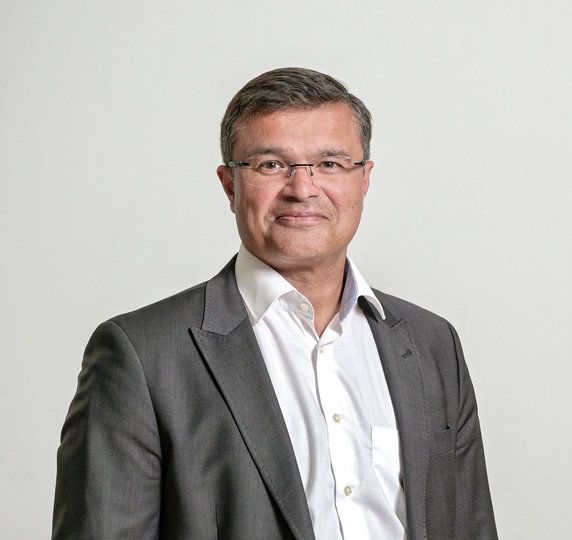Director General's review of 2024

The year 2024 was again a busy year. The operating environment is constantly changing, and some of these changes can be quite unexpected. Perhaps nothing should come as a surprise, but crises can develop quickly and new unforeseen factors can appear.
Finnish Customs is diverse in its work on sustainability (too). On the one hand, Customs must of course ensure that its own work is organised sustainably, taking the well-being of people and our living environment into account. On the other hand, Customs plays a special role in ensuring sustainability. Customs’ duties and carrying them out play a central role in the realisation of sustainability in our society in a broader context, and they also have ripple effects.
Finnish Customs, the members of Customs personnel and Customs’ duties leave their own footprint from the perspective of sustainable development. Our goal is to keep this footprint as small as possible through our own choices and everyday actions, regardless of whether they are related to energy consumption, the circular economy or the well-being of our work community. It is also true that we can plan our own operations in such a way that they improve the sustainability of our customers in themselves. We can, for example, increase e-services and automation so that individuals and corporate customers do not always need to visit Customs in person, which reduces unnecessary travel and thus has a significant impact on traffic emissions.
Some of our objectives may even be contradictory, including from the perspective of sustainability. We will ultimately have to make these value judgements ourselves, caught between the conflicting expectations placed on Customs. In certain situations, we are forced to abandon the best option for the environment if it would prevent us from fulfilling our statutory duties. When making these value judgements, it is not enough to look at things solely from the perspective of Customs; the overall impact of public administration should be examined as a whole, not only in terms of the effectiveness of operations but also in terms of sustainability.
Customs' second role in matters related to sustainability, that is, our role in ensuring sustainability, is significantly broader than examining our own internal operations. Customs is tasked with keeping people, the climate and the environment safe. We carry out this duty by monitoring the traffic flows to and from Finland and the EU: among other things, we ensure that consumers are not exposed to harmful substances, that children play with safe toys, that substances that cause ozone depletion or loss of biodiversity are not imported into our region and that companies coming to Finland commit to the Finnish circular economy system. An exhaustive list would be endless.
A particularly significant phenomenon that also became apparent in Finland in 2024 was foreign e-commerce; its risks and disadvantages to Finland and the EU in general are undeniable (and unsustainable). Products are not manufactured or transported sustainably, nor are they sold, ordered or consumed sustainably – ultimately, Finland and the EU will become a dumping ground for online stores, where producers and sellers do not participate in the statutory circular economy obligations, leaving the costs to be borne by our own companies instead.
Finnish Customs carried out its duties excellently in 2024. A major change is currently underway at Customs and in its operations. I believe that we can achieve even more by working together, and this is the goal we will strive for.
Sami Rakshit,
Director General of Finnish Customs